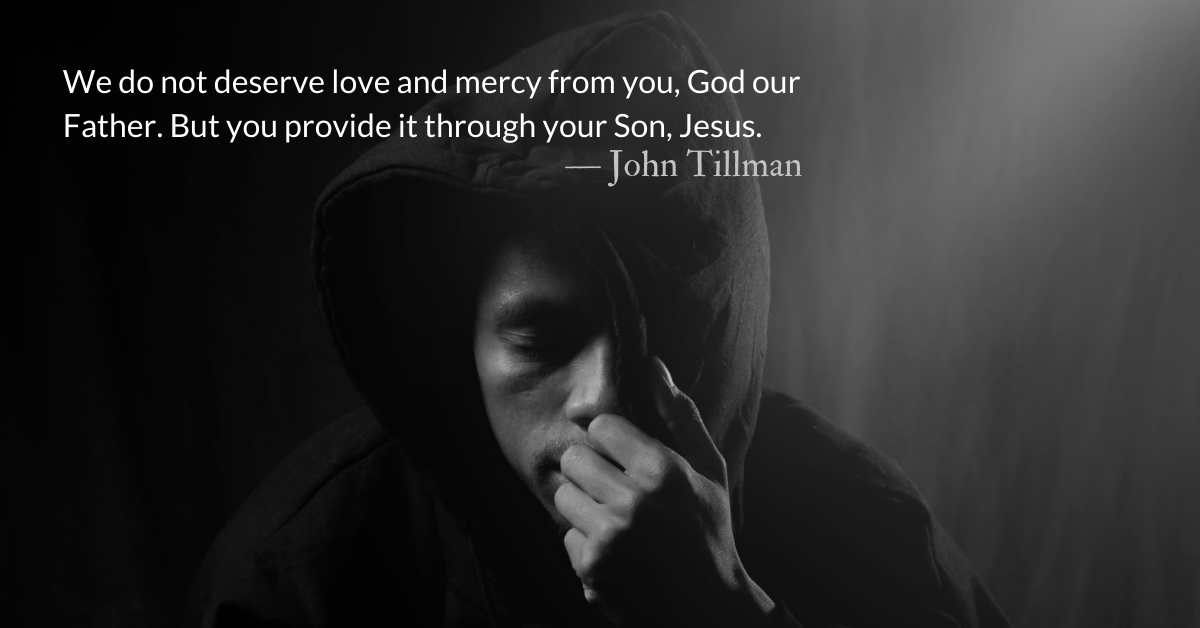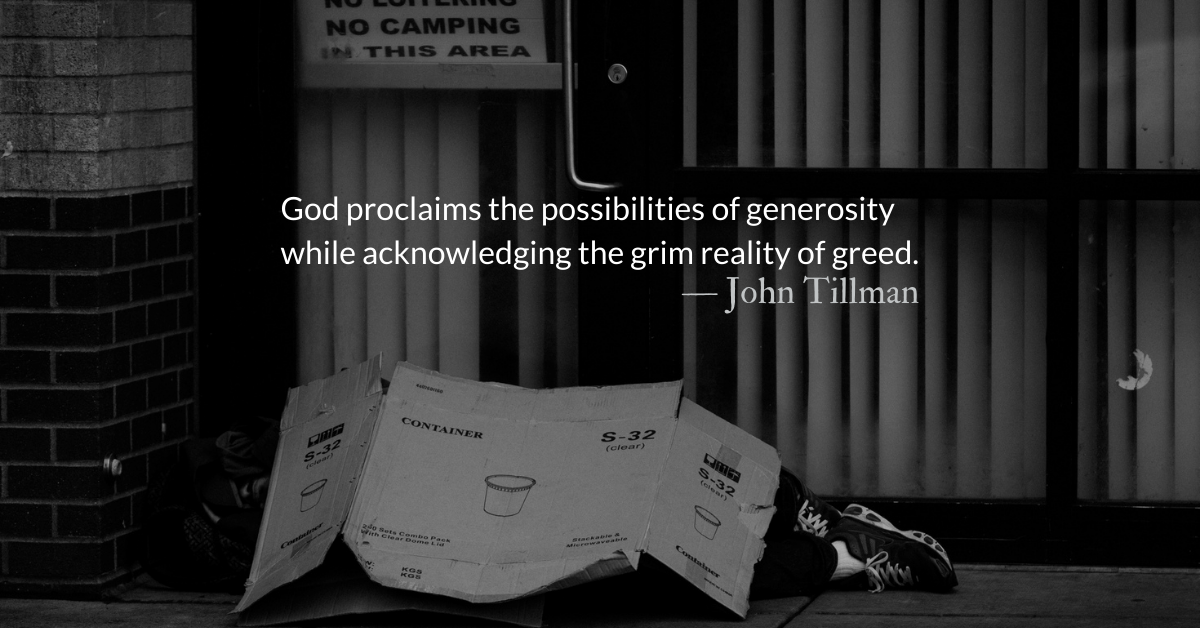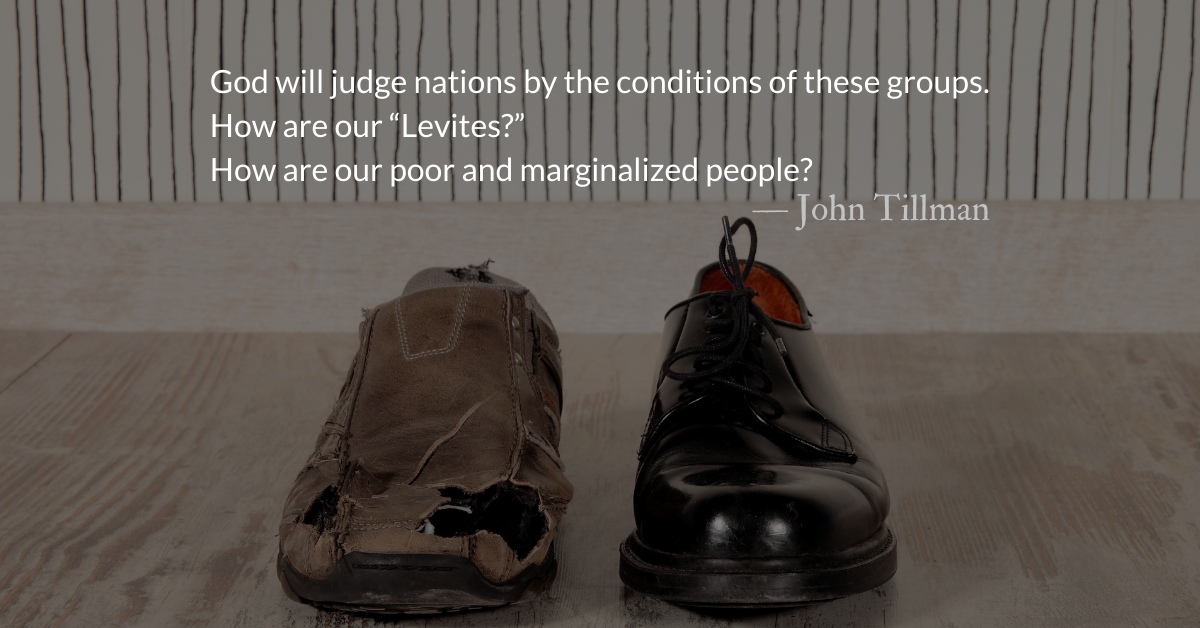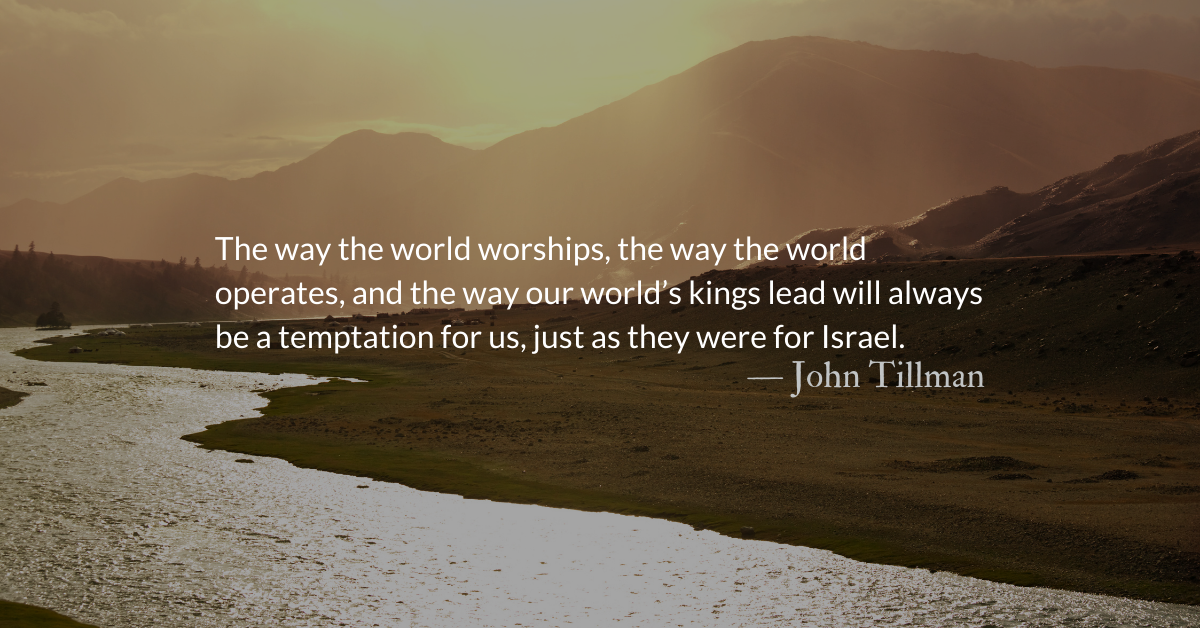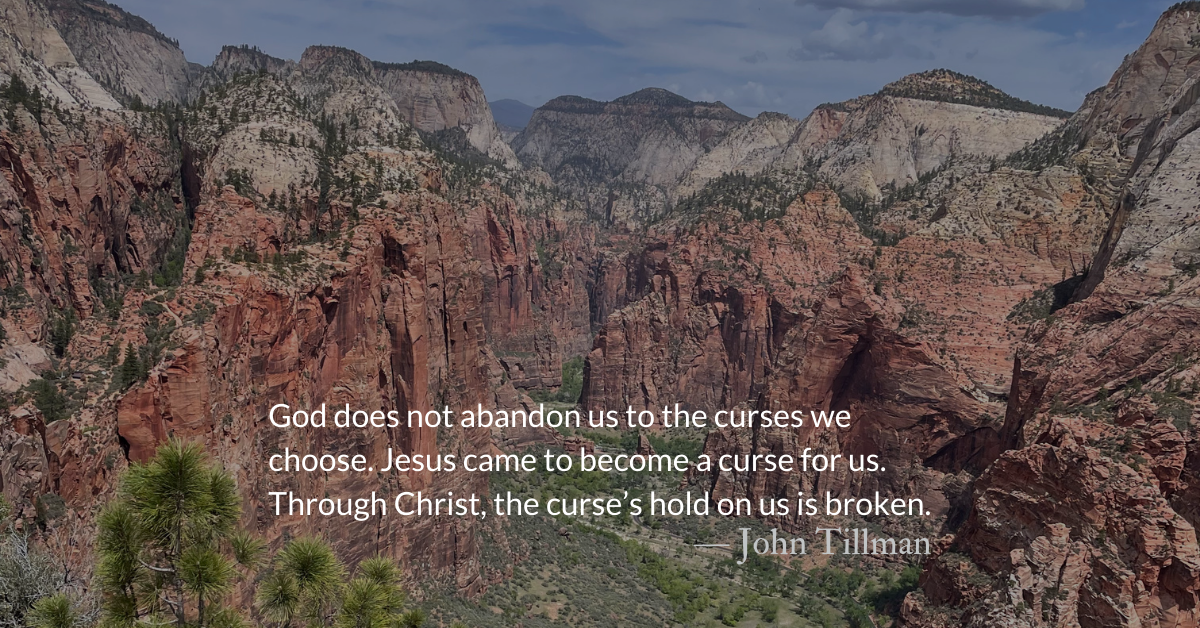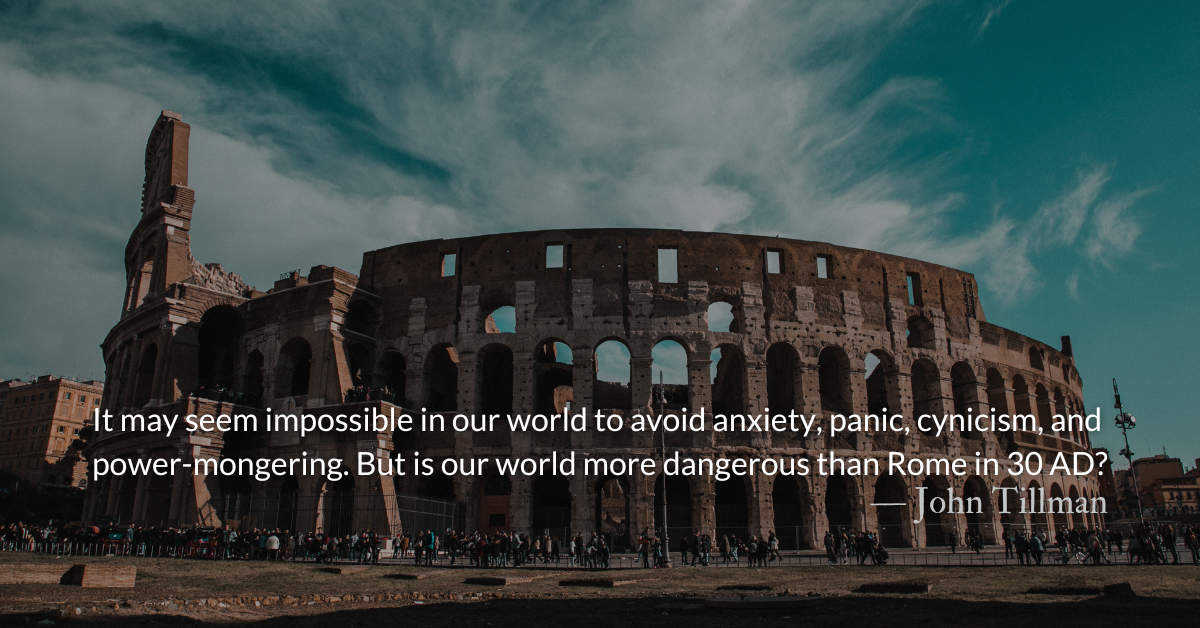Scripture Focus: Psalm 103.13-18
13 As a father has compassion on his children,
so the Lord has compassion on those who fear him;
14 for he knows how we are formed,
he remembers that we are dust.
15 The life of mortals is like grass,
they flourish like a flower of the field;
16 the wind blows over it and it is gone,
and its place remembers it no more.
17 But from everlasting to everlasting
the Lord’s love is with those who fear him,
and his righteousness with their children’s children—
18 with those who keep his covenant
and remember to obey his precepts.
Reflection: Father of Fathers — Guided Prayer
By John Tillman
We pray together today, using words from today’s Psalm, seeking the face of the Father who loves us and knows us as his children.
Father of Fathers
Jesus, you taught us to call God our Father.
We praise you, Lord, today as the Father who loves us and lifts us up.
You are the Father all fathers should be.
Gentle. Caring. Loving. Righteous. Just.
Your justice, our Father, is not destructive and violent.
You “work” righteousness, O Lord.
You repair. You set right. You maintain.
“The Lord works righteousness
and justice for all the oppressed.”
You hear the cries of all children.
You see the cruelty of those who abuse.
You see the callousness of those who abandon.
You see the selfishness of those who allow harm to children to benefit themselves.
You cry out for the children of this world, “Let them come to me.”
“The Lord is compassionate and gracious,
slow to anger, abounding in love.
he does not treat us as our sins deserve
or repay us according to our iniquities.”
Our nation and our culture profane the name of “father.”
We do not deserve love and mercy from you, God our Father.
But you provide it through your Son, Jesus.
“For as high as the heavens are above the earth,
so great is his love for those who fear him;
as far as the east is from the west,
so far has he removed our transgressions from us.”
North and South meet at the poles.
They are separated by a finite distance.
One can only travel so far North before traveling South.
But East and West never meet.
They are separated by an infinite distance.
Thank you Father for removing our sins an infinite distance from us!
“As a father has compassion on his children,
so the Lord has compassion on those who fear him;
for he knows how we are formed,
he remembers that we are dust.
But from everlasting to everlasting
the Lord’s love is with those who fear him,
and his righteousness with their children’s children.”
Though we are but dust, Lord, you care for us.
You promise your presence not only to us,
But to generations afterward.
Bless our lives that we may build a faith that endures past our lifetimes.
When we lay down our lives as seed, may generations yet unknown take root in you.
“Praise the Lord, my soul.”
Divine Hours Prayer: A Reading
Jesus taught us saying: “I have loved you just as the Father has loved me. Remain in my love. If you keep my commandments you will remain in my love, just as I have kept my Father’s commandments and remain in his love. I have told you this so that my own joy may be in you and your joy complete. This is my commandment: love one another, as I have loved you. No one can have greater love than to lay down his life for his friends.” — John 15.9-13
– Divine Hours prayers from The Divine Hours: Prayers for Springtime by Phyllis Tickle
Today’s Readings
Deuteronomy 16 (Listen – 3:25)
Psalm 103 (Listen – 2:07)
This Weekend’s Readings
Deuteronomy 17 (Listen – 3:24), Psalm 104 (Listen -3:37)
Deuteronomy 18 (Listen – 3:08), Psalm 105 (Listen – 4:02)
Read more about How He Loves Us
Doubting God’s love, they showed little love for him in return and little love for the poor and needy around them.
Read more about The Naked Emotion of God
This shows us a God unashamed of shame, nakedly confessing his love for the unlovable.

